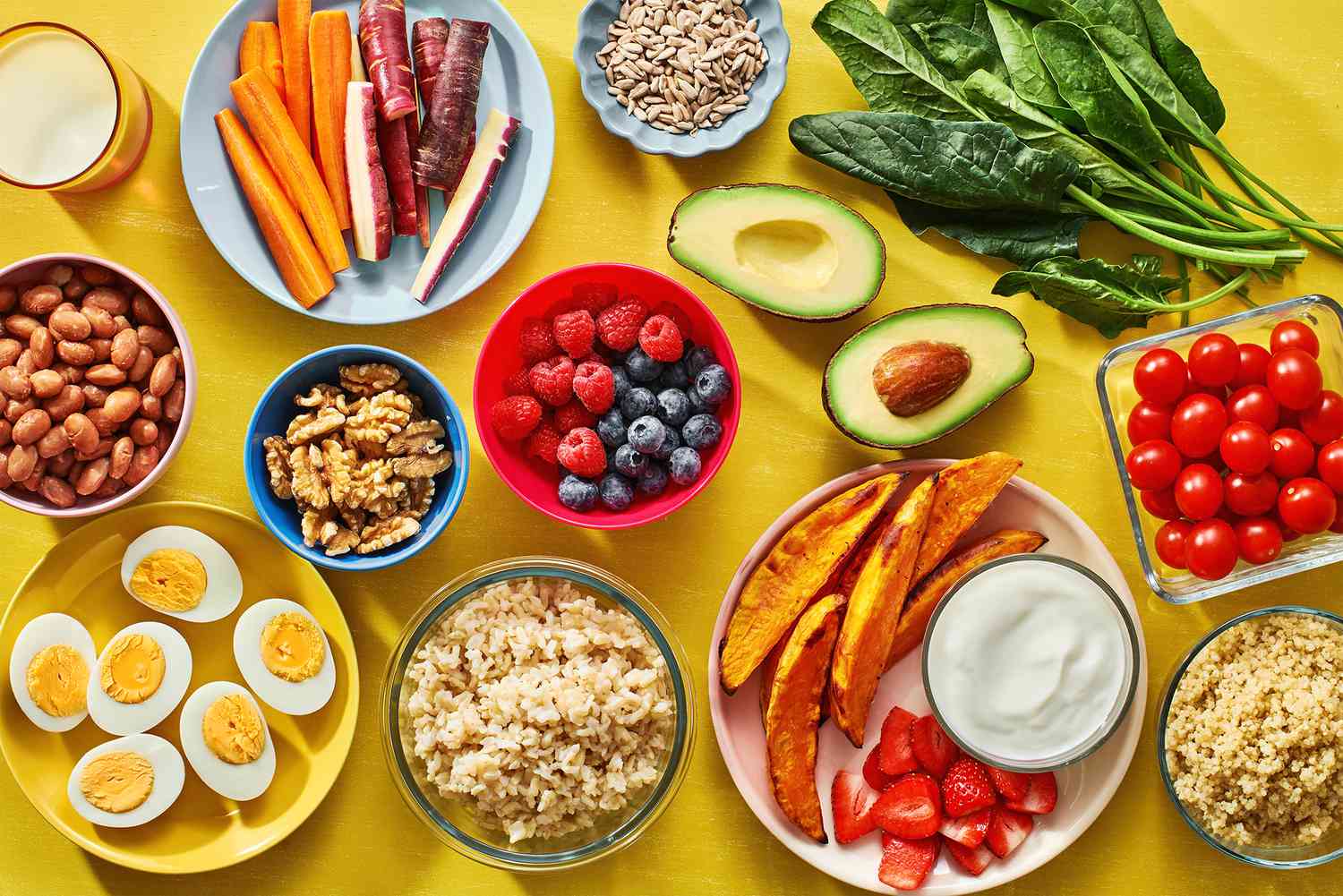Things you could buy with ₦100 in Nigeria, 15 years ago, could fill your belly, get you across town, and even leave you with change to spare.
Once upon a time, ₦100 used to mean something. You could hold it with pride. It had power, it was a bulking agent. Now? It’s practically a social reject. A financial ghost. If you drop ₦100 on the ground today, most people won’t bend to pick it—unless they’re doing it for fitness.
Back When ₦100 Was Big Boy Money
It wasn't just a forgotten note chilling in the corner of your wallet. It used to do things. Buy things. Contribute meaningfully to society. But to understand how we got here, we need to go back. Way back.
Back to 2010.
The Economy Was Doing "Okay-ish"
In 2010, Nigeria’s economy was flexing light muscle. Not bodybuilder level, more like guy that just started going to the gym*.*
GDP growth was sitting pretty at about 7%. Oil money was flowing, banks were bouncing back from the 2008 global economic crisis, and good things were in the horizon.
Telecoms were booming. Entertainment was waking up. Agriculture was still the backbone—although that back was already complaining under the weight of too many mouths and not enough funds.
Dollar to Naira? Still on Talking Terms
The exchange rate was chilling around ₦150 to $1.
Now, if that sounds like “God when”, it’s because you’re comparing it to 2025 where dollar is moving mad like a wicked landlord. But back then, ₦150 to $1 felt... stable-ish. Predictable. You could plan your life around it without panicking every time CNN mentioned “oil prices.”
Salaries vs Real Life: A Long-Standing Beef
Let’s talk money.
- The minimum wage in 2010 was ₦7,500. But the government, in a rare moment of good conscience, pushed it to ₦18,000 by the end of the year.
- The average Nigerian in a salary-paying job was earning just a little under ₦20k per month.
- If you were lucky to be in professional services, you might hit ₦42k. Builders and construction bros were somewhere around ₦35k.
But here's the thing:
These were formal sector stats. And if you know this country, you know the majority of the workforce wasn’t on anyone’s payroll. They were freelancing before freelancing became a LinkedIn aesthetic. Meaning: earning experience and surviving on God.
Cost of Living: Lagos, Always Doing Too Much
Lagos has never been normal. In 2010, it was already acting like New York Lite.
- Renting a decent one-bedroom in certain areas? Over ₦450k per month.
- Lunch in Victoria Island? ₦2,000+.
- And transport? A road trip from Lagos to Port Harcourt would collect ₦10,500 from your hand. No subsidy complaints. Just vibes.
Even basic essentials like garri, rice, and stew ingredients were going up. Slowly but steadily. The CPI (Consumer Price Index) was creeping up, and your money was stretching itself like it's doing yoga every month.
So, What Was the Verdict?
On paper, things were “good.” But on ground? The usual story:
- Too much reliance on oil.
- Infrastructure that was always “coming soon”.
- And a growing population that was sprinting past available resources.
₦100 has seen things. And this, my dear reader, is only the beginning.
Read Also: HOW TO GROCERY SHOP FOR A MONTH
Things You Could Buy with ₦100 in Nigeria, 15 Years Ago
Ok realistically, ₦100 wasn’t exactly a baller budget in 2010 (we'd have to go a little more back in time for that), but more than enough to prevent disgrace. Whether you were hungry, stranded, or just trying to fix your life (or your shoe), ₦100 had your back. Let’s jog your memory real quick:
Snacks That Carried Weight (Literally)
₦100 wasn’t snack money. It was buffet-for-one money.
- Puff-puff/Buns: You weren’t buying one or two, you were buying a nylon full. Enough to make someone ask, “You dey share?”
- Groundnuts: A decent sachet that could last you through small talk or a boring commute.
- Biscuits: Cabin, Digestive, those round coconut ones. Two packs minimum. The kind you break and sip water with like you’re fighting for your life.
- Pure water: 10 sachets. Yes, you could hydrate a small group or just flex on dehydration solo.
₦100 meant you weren’t begging for change at the roadside stall. You were the big spender in the biscuit zone.
Transport: The Soft Boy Budget
If you were going anywhere close and didn’t mind sharing sweat and space with strangers, ₦100 was your UberX.
- Bike: Two short rides, helmet not included. Maybe even three if you smiled at the rider.
- Bus: One complete journey inside Lagos—front seat if you came early, back seat if you came with pride.
- Keke: Multiple hops. The kind of travel that makes you feel like you're playing GTA side missions.
₦100 was your “get from Point A to B without calling your parents for TP” budget.
Services: Budget Spa Day (Very Budget)
₦100 could get you cleaned, connected, and slightly repaired. Don’t laugh.
- Phone calls: You could make 2–3 short ones. Enough to say “I’ve reached,” “Where you dey?” and “Call you back.”
- Shoe shine: Not just a brush, but a buff and polish that had you walking like you owned the pavement.
- Tailor fixes: Stitch a button. Close one torn side. Basic life support for your struggling wardrobe.
It was giving “we move”—but with dignity.
Market Runs: ₦100 and the Art of Stretching
This is where ₦100 really showed its versatility. You could enter market with your head high.
- Tomatoes & Pepper: Enough to make a pot of stew that tasted like someone’s mother was involved.
- Maggi: A handful of cubes. Your food was definitely seasoned, maybe even a little extra.
- Matches: A few boxes. Enough to cook, light mosquito coils, and still have one to lend the neighbor.
- Vegetables: Small bunch of ugu or spinach. It wasn’t a farm, but it was healthy.
- Agege bread: One small loaf. Soft. Fresh. And best served with Nescafé and vibes.
₦100 Then vs Now: The Disrespect Is Loud
In 2010, ₦100 had sense. It had ambition did things. It was the last currency before you started to feel like a baller.
Now? It’s background noise. The money you ignore in your back pocket. The money POS attendants give you like pity.
But back then? ₦100 was a full-on economic strategy.
The Rise and Fall of ₦100 – A Nigerian Tragedy
In 2010, ₦100 could feed you, move you, and leave you with change for tomorrow. A packet of Indomie? Check. A danfo ride across town? Sorted. Add a sachet of pure water, and you were practically balling.
Now in 2025? ₦100 is that unserious friend who shows up late and still has nothing to offer. You hold it, you squint, and you wonder—“What exactly am I supposed to do with this?”
Let’s trace how we got here.
Inflation: The Real Culprit
Inflation is the silent thief that doesn’t need to break into your house—it just makes your money useless while you’re watching.
Technically, it’s the rate at which prices for goods and services rise over time. But in Nigeria? It's the reason you now price onions like land.
Between 2010 and now, the Naira has been on a slow-motion nosedive. From ₦150 to the dollar to over ₦1,500—and still falling like it owes someone money.
The problem isn't that prices are going up. The real issue is that your money is going down faster. When income stays flat and prices inflate like pure water sachets in a hot bus, what you get is poverty wearing lip gloss.
Zooming Out: Why Is the Economy Like This?
Let’s get real. Nigeria has three main problems:
- High inflation that eats up your salary.
- A currency so devalued it needs therapy.
- Economic growth so slow it makes traffic on 3rd Mainland look fast.
Meanwhile, 93% of Nigerians work in the informal sector—hawking, hustling, or hoping. Only 15% have formal jobs with stable pay.
It’s like building a house on sand. Nothing stands for long.
What Can You Do? (Besides Cry or Japa)
- Track your spending. Ignorance is expensive.
- Diversify income. Your 9-5 might need a 6-10.
- Save in value-retaining assets. (Because saving in Naira is giving “delay the inevitable”)
- Stay informed. Inflation isn’t just for the news. It’s for you. Your money. Your future.
And if all else fails—at least understand the game so you can play it smarter. Nigeria may be hard, but you don't have to be broke and confused.
₦100 in 2040? Spoiler: It Might Just Be an Antique
Let’s get real. If Nigeria stays on this same economic treadmill, ₦100 in 15 years could become…symbolic. Cute for nostalgia, useless in your wallet.
The only way to prevent that?
- Fix inflation
- Strengthen the naira
- Invest in jobs, not just headlines
Because if nothing changes, the only thing ₦100 will be buying is dust.
Things You Could Buy with ₦100 in Nigeria, 15 Years Ago Things You Could Buy with ₦100 in Nigeria, 15 Years Ago























Responses (0 )